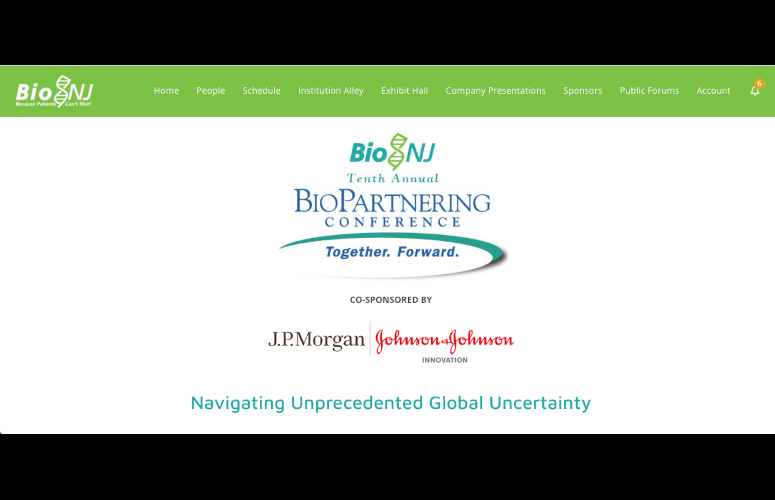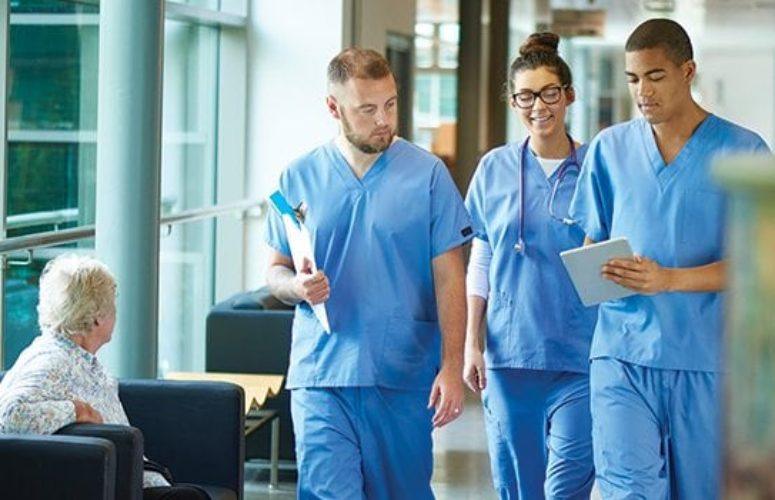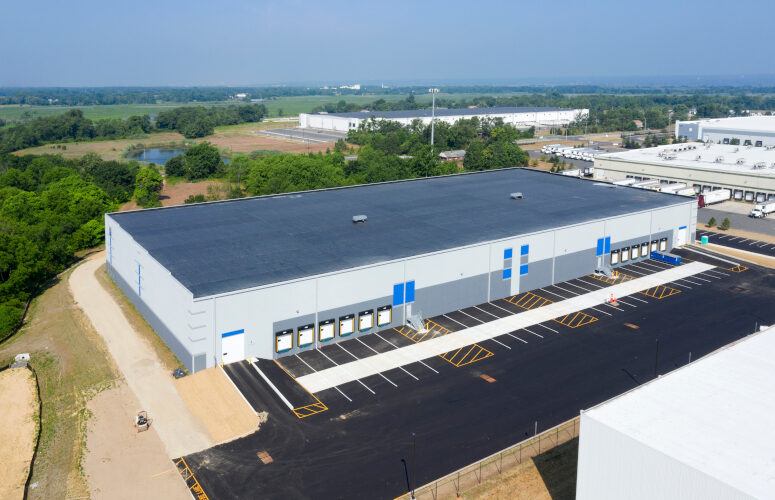
Optimism for Healthcare, Overall Economy at BioPartnering Conference
By Anthony Birritteri, Editor-in-Chief On Oct 6, 2020Optimism was on display this morning at BioNJ’s 10th Annual BioPartnering Conference as experts from J.P. Morgan said the healthcare industry and the overall economy are rebounding from the COVID-19 pandemic. However, a vaccine, when approved, will not be the panacea to end all related economic uncertainties: That will solely rest on consumer confidence and the resumption of normal lifestyles, including feeling safe when flying on commercial airliners.
Jim Glassman, managing director and head economist at J.P. Morgan, said he is relatively optimistic regarding the economy. “It is doing far better than what I expected, but the last hurdle to clear is air travel and all of its cousins: hotels, car rentals, the ‘Disney Worlds’, etc. Airlines have a big job ahead of them to make people feel comfortable [about traveling].”
He said the economic downturn caused by COVID-19 reflects what occurs during a natural disaster rather than during a normal business cycle. That means a fast recovery is expected and is already occurring, he said.
For example, Hurricane Katrina caused a lot of damage, and the nation mobilized its resources to get New Orleans back on its feet. “Within months, the city was [back on its feet]. Within two years, it got its mojo back to where it was prior to the hurricane. That is the concept I have in mind [with the pandemic],” Glassman said.
Prior to the COVID-19 outbreak, the US economy was in “a very good spot,” Glassman explained. “Unemployment was down to 3.5%. Then we had to tell people [and businesses] to turn their lights off [shutdown]. But the assumption was that when businesses would open again, they would quickly spring back to life,” Glassman said. “Now, the stock market has rebounded, the labor market has bounced back much faster than expected, and consumer spending is driving the economy.”
Interestingly, he said that the unemployment rate (at a high of 14.4% this past April and currently at 7.9%) came down at a rate that would normally have taken five years to achieve during a regular business cycle. That said, small business shutdowns and job losses have been significant, with the US Bureau of Labor Statistics not “capturing what has really happened” to self-employed workers in this sector. “The heart of the disruption centered on the small business community,” Glassman said.
He gave Congress a grade of “A+” for taking action during the early days of the pandemic by providing businesses and families with up to $4 trillion in financial assistance and resources.
Robert Huffines, global chairman, investment banking at J.P Morgan, said the markets are always forward looking, and this pandemic is a “healthy reminder of that,” with investors having confidence in the healthcare sector. “Even though a full pandemic recovery is unpredictable, it is something we can bounce back from, with investors pointing towards a quick return to normalcy,” he said.
Currently, companies are conserving capital and strengthening their balance sheets while few are providing dividends to shareholders. He said that various healthcare industry sectors look strong, including diagnostic test manufacturers and pharmaceutical companies.
While the political situation in Washington, D.C. is “fractured” and policies are being implemented or discussed that raise “concern about the sustainability of pharmaceutical pricing,” Huffines says that the industry’s rapid response to the pandemic with therapeutics and potential vaccines should help it from a public policy and industrial standpoint. “It is a silver lining that can help the industry,” he said.
The BioPartnering Conference continues tomorrow with more keynote speakers, panel discussions, exhibits and networking opportunities.
According to Debbie Hart, founding president and CEO of BioNJ, “The 10th annual conference in these unprecedented times is important because it offers the life sciences community the opportunity to participate from the safety of personal workspaces. We are trying to replicate normalcy as much as we can and deliver a robust conference that will be meaningful for weeks and years to come,” Hart added. “The purpose is to bring together biotech and pharmaceutical executives, investors and academic collaborators to partner, grow and bolster medical innovation.”
More than 80 companies are making pitch presentations at the conference. Participants from 11 countries, 21 states and the District of Columbia are attending the virtual event.
To access more business news, visit NJB News Now.
Related Articles:





